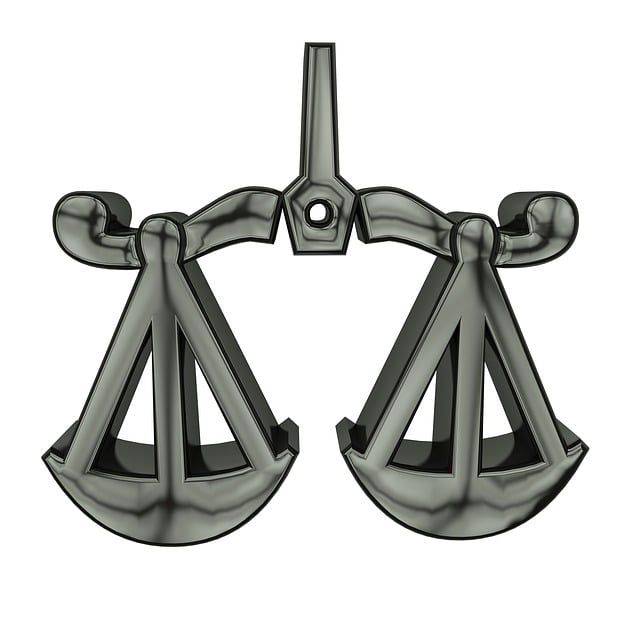Antitrust laws are crucial for preserving fair competition, preventing businesses from engaging in practices that limit market freedom or distort prices, and protecting consumers from anti-competitive behavior. Identifying potential violations, especially in joint ventures and mergers, is vital. Civil litigation for business partnership issues involving antitrust concerns requires a meticulous process, including filing complaints, investigation, complex legal arguments, and economic analyses. To avoid such litigation, companies should implement robust internal controls, conduct thorough due diligence, maintain detailed records, and engage experienced legal counsel specializing in corporate and individual clients.
Antitrust violation cases are a critical aspect of maintaining fair business practices, ensuring competition, and protecting consumers. This article delves into the intricate world of antitrust laws, their purpose, and how they safeguard markets from predatory behaviors. We explore common scenarios where business partnerships may violate these laws and outline the civil litigation process for such cases. Additionally, we provide preventive measures and strategies to help businesses avoid legal troubles related to partnership issues, focusing on effective compliance and ethical conduct.
- Understanding Antitrust Laws and Their Purpose
- Identifying Potential Antitrust Violations in Business Partnerships
- The Process of Civil Litigation for Antitrust Cases
- Preventive Measures and Common Strategies to Avoid Legal Troubles
Understanding Antitrust Laws and Their Purpose

Antitrust laws are designed to promote fair competition and prevent businesses from engaging in practices that limit market freedom or distort prices. These laws aim to ensure a level playing field for all companies, fostering innovation and consumer choice. The primary purpose of antitrust regulations is to protect consumers by eliminating anti-competitive behavior, such as price-fixing, monopolization, and the abuse of dominant market positions. By maintaining a competitive marketplace, antitrust laws encourage healthy business growth and prevent the formation of trusts or cartels that could harm consumers through higher prices and reduced product variety.
Understanding these laws is crucial for resolving business partnership issues, especially in cases involving civil litigation. When disputes arise from alleged antitrust violations, such as collusion or market division agreements, businesses may turn to jury trials to seek justice. These trials are an essential component of the legal system, allowing for a thorough examination of complex white-collar and economic crimes. For his clients, successful advocacy in such cases requires a deep understanding of antitrust principles and their practical application to ensure fair resolutions.
Identifying Potential Antitrust Violations in Business Partnerships

Identifying potential antitrust violations in business partnerships is a critical aspect of maintaining fair market competition. Companies engaging in joint ventures, strategic alliances, or mergers should be vigilant to ensure their actions do not infringe upon antitrust laws and regulations. These legal frameworks are designed to prevent monopolistic practices and preserve consumer rights. Key indicators of possible violations include the restriction of market access for competitors, price-fixing agreements, or the creation of artificial barriers that limit market participation.
In the event of suspected antitrust misconduct, businesses should consider seeking legal counsel with expertise in civil litigation for business partnership issues. Given the complexity of these cases and their potential high-stakes nature, an experienced white collar defense team can help navigate through unprecedented track records of enforcement actions and ensure compliance with evolving legal standards.
The Process of Civil Litigation for Antitrust Cases

The process of civil litigation for antitrust cases involves a series of carefully orchestrated steps designed to ensure fairness and justice in business partnerships. When an antitrust violation is suspected, whether it’s price-fixing, market division, or monopolistic practices, affected parties can file a lawsuit against the infringing entity. The first step is typically filing a complaint with the court, outlining the specific violations and seeking redress. This is followed by a thorough investigation phase where both sides gather evidence to support their claims.
In antitrust litigation, the unique aspect lies in the complex legal arguments and economic analyses required. Lawyers for corporate and individual clients alike must navigate through intricate laws and regulations to build a compelling case. Their goal is to demonstrate that the defendant’s actions harmed competition or consumers. With an unprecedented track record of success, experienced attorneys play a pivotal role in guiding clients through this process, ensuring their rights are protected and seeking appropriate remedies such as damages or structural changes to rectify the violation.
Preventive Measures and Common Strategies to Avoid Legal Troubles

To prevent antitrust violation cases and the ensuing civil litigation for business partnership issues, companies should implement robust internal controls and compliance programs. These measures ensure that all business activities align with antitrust laws and regulations, mitigating the risk of legal troubles. Regular training sessions for employees on competition law principles can help foster a culture of awareness and ethical conduct. Additionally, conducting thorough due diligence before mergers or acquisitions can identify potential red flags and allow companies to take preventive actions.
Beyond these, maintaining detailed records of business decisions and communications is crucial. Transparency in operations and open dialogue with regulatory bodies can also help build trust and avoid misunderstandings. For high-stakes cases involving white-collar defense, it’s vital to engage the services of experienced legal counsel who specialize in corporate and individual clients. Their strategic guidance can ensure that companies navigate complex antitrust landscapes effectively, minimizing the chances of costly legal complications.
Antitrust violation cases are a complex yet essential aspect of civil litigation for business partnership issues. By understanding antitrust laws, identifying potential violations early, and implementing preventive measures, businesses can navigate these challenges effectively. The process of civil litigation in such cases not only ensures fairness but also serves as a crucial deterrent. Ultimately, staying informed and adopting strategic approaches can help mitigate legal troubles, fostering a healthier and more competitive business environment.






